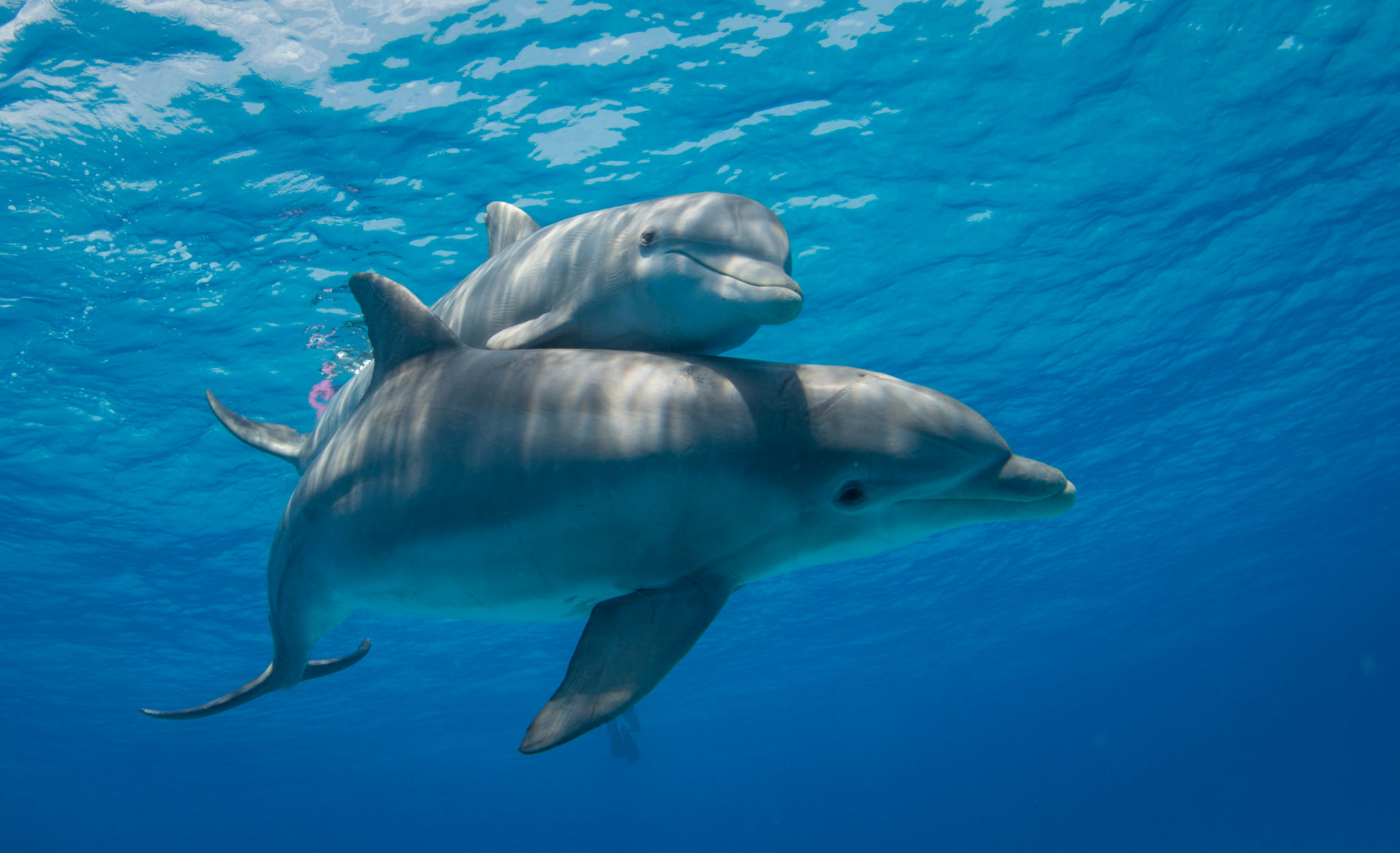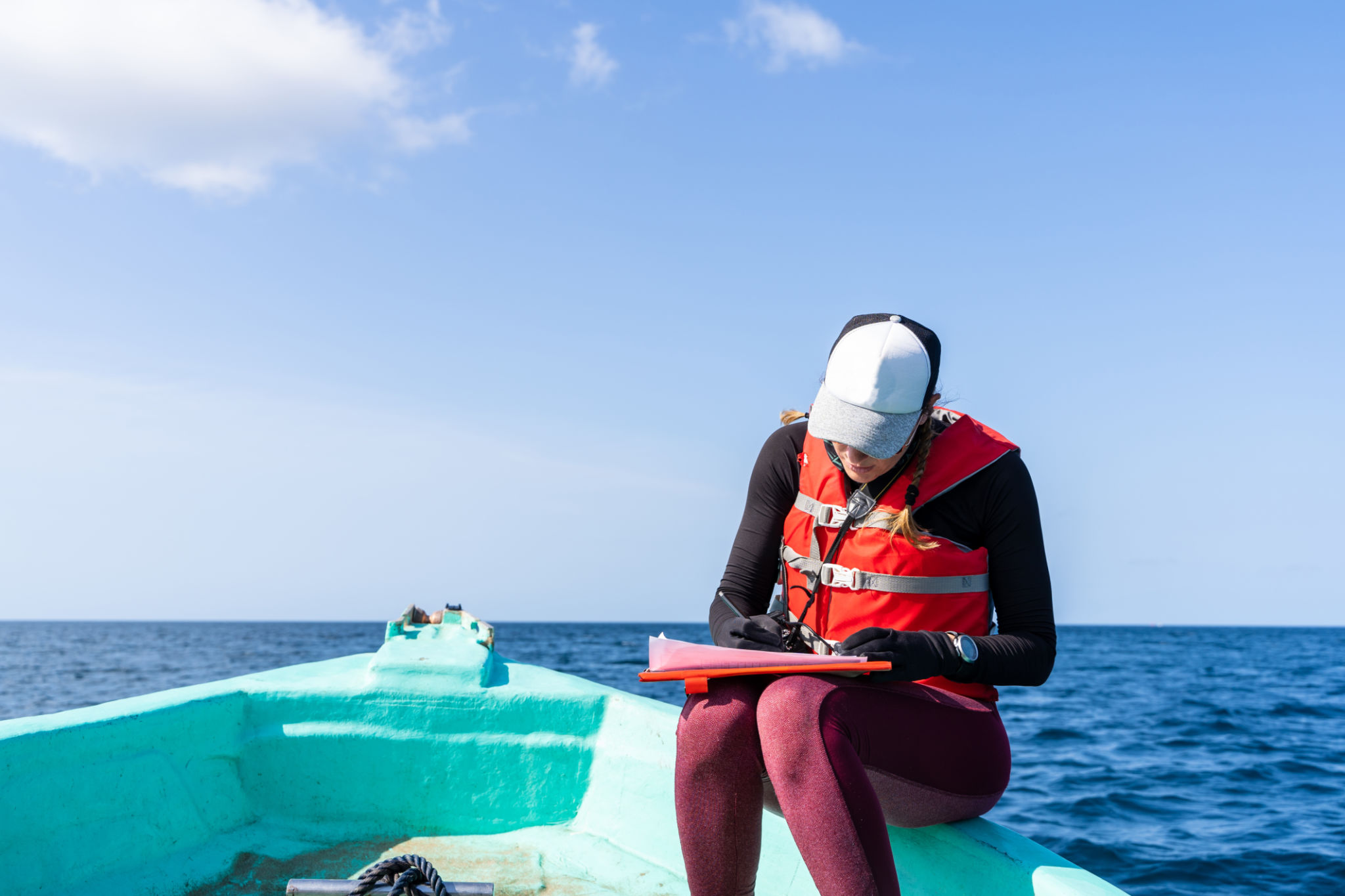Myth-Busting: Common Misconceptions About Swimming with Dolphins
Understanding Dolphin Behavior
Swimming with dolphins is often portrayed as a serene and magical experience, but there are numerous misconceptions about these marine mammals that need to be addressed. Dolphins are highly intelligent creatures, and their behavior in the wild can differ greatly from what is depicted in movies and theme parks. Understanding their natural behaviors is the first step in separating fact from fiction.

One common myth is that dolphins are naturally friendly and eager to interact with humans. While dolphins are generally curious and social animals, their willingness to engage often depends on individual personalities and environmental factors. Not every dolphin will be enthusiastic about human interaction, and it's important to respect their space and autonomy.
Dolphins and Human Interaction
Another misconception is that swimming with dolphins is harmless for the animals. In reality, frequent human interaction can be stressful for dolphins. Activities such as touching, chasing, or feeding them can disrupt their natural behaviors and even lead to health issues. Responsible operators follow strict guidelines to ensure the well-being of both dolphins and participants.

Furthermore, it's essential to recognize that dolphins in captivity live under very different conditions compared to their wild counterparts. In captivity, they may not have the same freedom or social structures they would in the ocean, which can affect their overall well-being. It's crucial to support ethical tourism practices that prioritize the health and happiness of these animals.
The Role of Conservation
Conservation efforts play a significant role in protecting dolphin populations and their habitats. By supporting organizations that focus on marine conservation, we can contribute to initiatives aimed at preserving these incredible creatures for future generations. Educating the public about the realities of dolphin life is a vital part of this mission.

Being informed about the impact of human activities on dolphins can help us make better choices when it comes to wildlife interactions. Opting for eco-friendly tours that prioritize education over entertainment is one way to enjoy these magnificent animals without causing harm.
Myth-Busting Misconceptions
To summarize, here are some key points to consider:
- Dolphins are not always eager to interact with humans; their behavior varies.
- Human interaction can be stressful for dolphins if not managed responsibly.
- Support ethical tourism and conservation efforts to protect dolphin habitats.
By dispelling these myths and fostering a deeper understanding of dolphins, we can enjoy the beauty of these creatures while ensuring their protection and well-being. Let's work together to promote responsible interactions that respect the natural world.